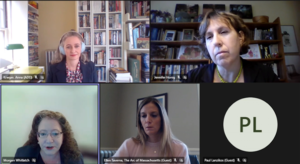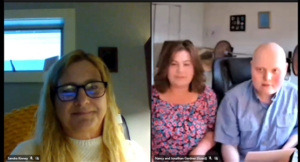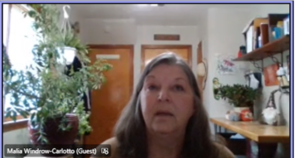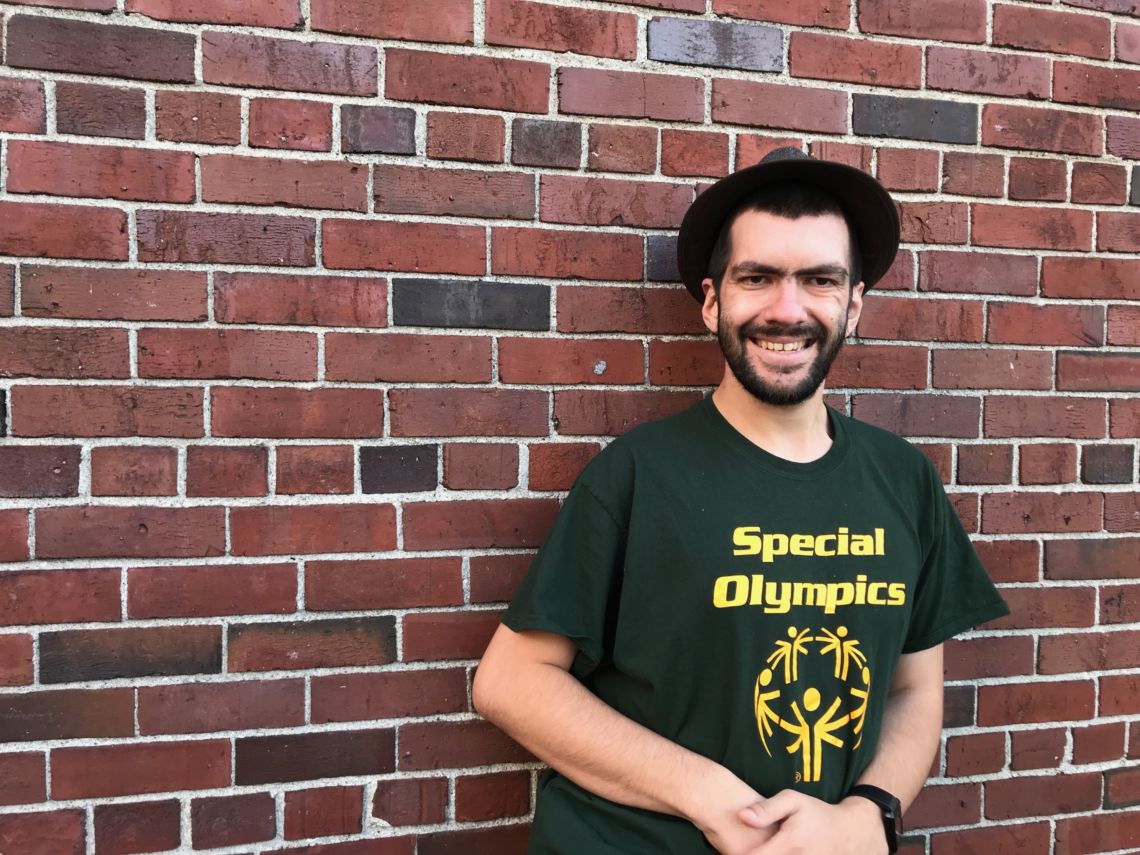Statement from Disability Justice and
Supported Decision-Making Advocates:
Britney Spears Spotlights the Need for Change Now
June 25, 2021
When Britney Spears chose this week to share her personal experience living under a conservatorship, she shined a national spotlight on the problems of guardianship systems and the damaging and potentially devastating impact they can have on people’s lives. Ms. Spears is not alone in her experience. We are disability justice organizations that have been working for years to advocate for alternatives to overbroad, unnecessarily restrictive, and undue guardianship. We work to promote alternatives to guardianship and conservatorship, namely Supported Decision-Making, which is taking hold more and more across the United States. No one should be subjected to the experiences described by Ms. Spears. There is a better way that gives people the support that they need and does not diminish their personhood. Now is the time to fully embrace less-restrictive options that allow people to maintain their rights, dignity, and independence.
The problem with guardianship and conservatorship: While we do not know the details of Ms. Spears’ case outside of what she has shared, we do know that the U.S. legal system is overly reliant on restrictive guardianships and that the disability community and families want and deserve different and better options. Guardianship and conservatorship take away fundamental rights people have to direct their own lives—rights that many Americans never imagined could be restricted. While the law varies from state to state, guardianship orders routinely authorize third parties to make decisions about the most personal and important decisions in an individual’s life—choices that impact the person’s own body and reproductive health; how and where they receive medical, psychiatric, and psychological treatment; how the money and resources they work to earn are spent; and even with whom they associate. Guardianships also can prohibit someone from voting or getting married. Guardianship is regularly imposed on people of all ages, with all kinds of diagnoses, and with all kinds of life experiences. And, as Ms. Spears’ circumstances illustrate, even people with significant financial resources can face barriers in seeking to get the court to restore their rights. Once they are under guardianship, often individuals are not informed they have the right to request a hearing to have their rights restored. This is further complicated by their difficulty in retaining representation from an attorney of their choice. It is much easier to get a guardian appointed than to have a guardianship terminated—even when an individual’s personal or medical circumstances change significantly, when a long period of time has passed, or when there is a viable alternative available. In fact, it is often extraordinarily difficult to get a guardianship terminated.
An answer—Supported Decision-Making: We know from our advocacy work that many families are told guardianship is the best way to protect their family member. Families report that they are rarely presented with alternatives to guardianship. Supported Decision-Making is an alternative to guardianship and conservatorship that allows a person to retain their legal rights while getting support with decision-making from those they choose and trust. In our work, we have seen time and again that many people at risk of guardianship or previously under guardianship can make their own decisions as long as they have the right support to understand their options and communicate their choices. Supported Decision-Making should be considered as an alternative to guardianship, regardless of the person’s disability, be it intellectual or developmental, physical, psycho-social, or cognitive in nature. Supported Decision-Making does not require court involvement and can be coupled with other legal tools, such as powers of attorney and advance health care directives, that promote self-determination and autonomy. For more about Supported Decision-Making, visit http://www.supporteddecisionmaking.org/ and https://supporteddecisions.org/.
Supported Decision-Making is already a part of the mainstream disability rights discourse and is gaining traction among elder advocates. It has been the subject of pilots, and many states have introduced or passed bills codifying Supported Decision-Making into law. Critically, judges across the country have terminated guardianships when presented with evidence about Supported Decision-Making, including in New York, Virginia, the District of Columbia, Indiana, Massachusetts, and Maine, among others. Supported Decision-Making has also been widely embraced by federal agencies, including the National Council on Disability and the Administration for Community Living, as well as organizations representing lawyers and guardians like the American Bar Association and the National Guardianship Association. Its important role was recently reinforced in recommendations issued at the Fourth National Guardianship Summit.
We commend Ms. Spears for her bravery in sharing her experience. Courts, policymakers, and advocates should be listening first and foremost to the experiences of people who have been subjected to the guardianship and conservatorship system. We stand in solidarity with Ms. Spears and all other people who have experienced guardianship and conservatorship and who long for a better way.
Signed,
National Resource Center on Supported Decision-Making – http://www.supporteddecisionmaking.org/
Center for Public Representation – https://supporteddecisions.org/
Quality Trust for Individuals with Disabilities – http://www.dcqualitytrust.org
The Arc of the United States – https://thearc.org/
Autistic Self Advocacy Network – https://autisticadvocacy.org/
Burton Blatt Institute – www.bbi.syr.edu
Cardozo Bet Tzedek Legal Services – https://cardozo.yu.edu/bet-tzedek-civil-litigation-clinic
Disability Rights California – https://www.disabilityrightsca.org/
Disability Rights Texas – www.disabilityrightstx.org
Disability Voices United – DisabilityVoicesUnited.org
Georgia Advocacy Office – https://thegao.org/
Indiana Disability Rights – www.indianadisabilityrights.org
National Disability Rights Network – www.ndrn.org
Self Advocates Becoming Empowered – https://www.sabeusa.org/
TASH – https://tash.org/
CONTACT:
Morgan K. Whitlatch
Legal Project Director, National Resource Center on Supported Decision-Making
Legal Director, Quality Trust for Individuals with Disabilities
mwhitlatch@dcqualitytrust.org; 202-459-4004
http://www.supporteddecisionmaking.org/
Anna Krieger
Senior Attorney
Center for Public Representation
akrieger@cpr-ma.org; 617-965-0776
https://supporteddecisions.org/












